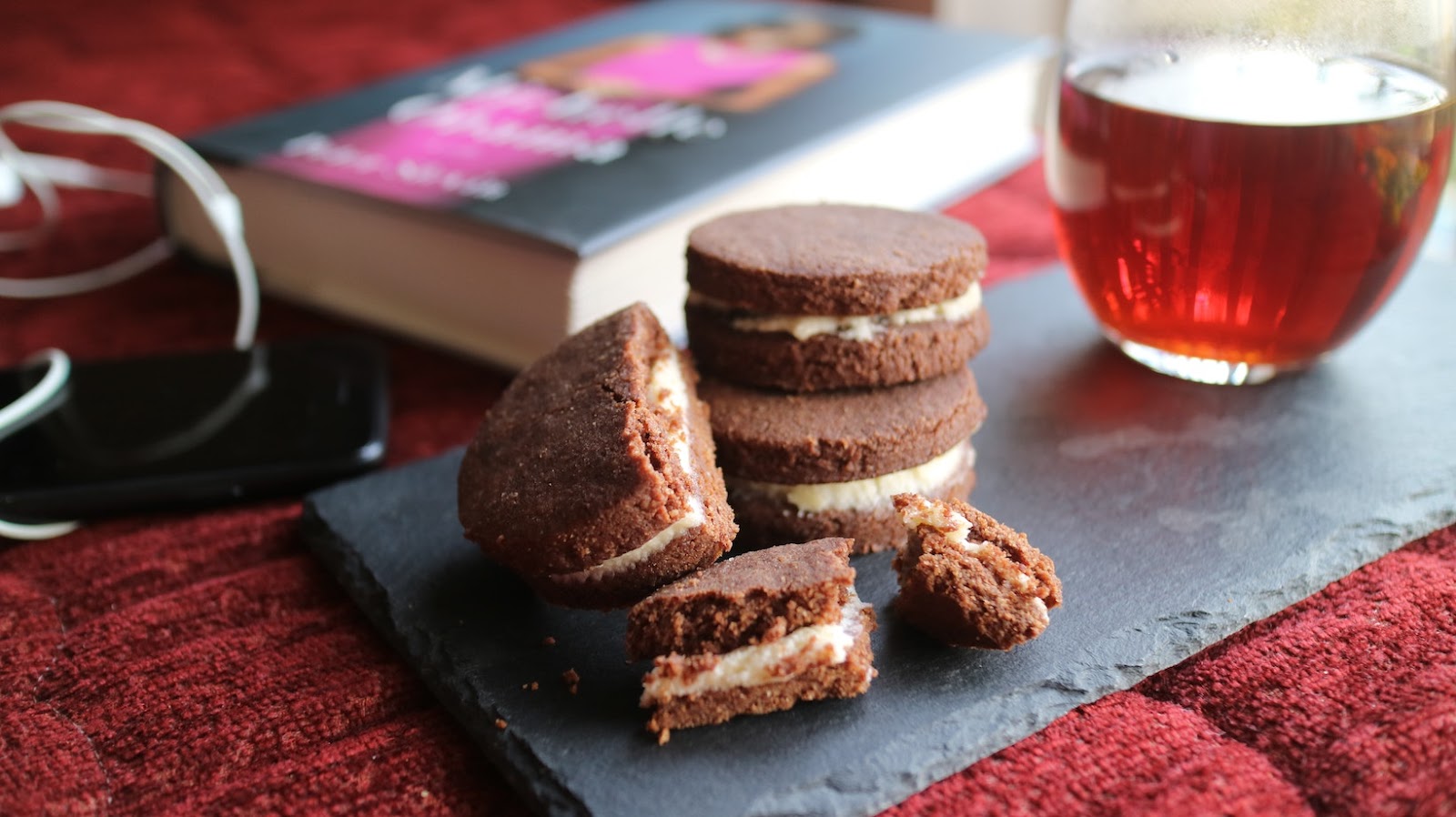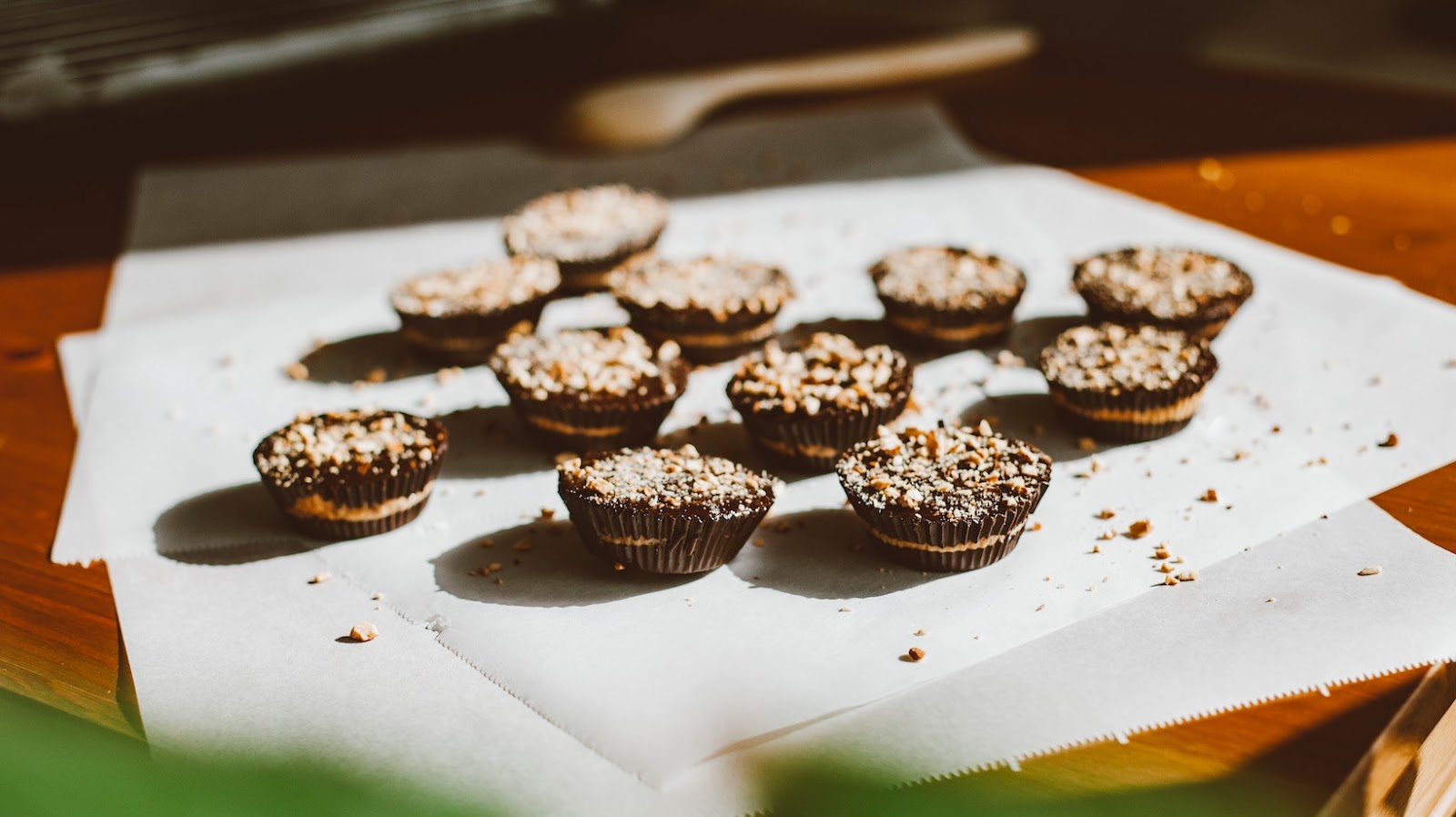Why Jaffa Cakes are Biscuits No Matter What McVities Tell Us

Are Jaffa Cakes cakes or biscuits? The burning question of our time. The sweet treat has been at the heart of a heated debate steeped in controversy for years now, and that discussion has resurfaced once again. The orange-flavoured confectionery was recently the subject of an experiment carried out by researchers to discover the ultimate biscuit for dunking. The results were conclusive; Jaffa Cakes stood tall as the best of the bunch, while the traditional digestive sat at the bottom of the pack. The researchers dunked 17 different brands of biscuits into the water with a temperature of roughly 70C to 75C, the average heat of a cup of tea. They recorded the length of time it took each biscuit to break apart, along with the number of dunks in that time.
They found that Jaffa Cakes managed a frankly ridiculous tally of 116 dunks before breaking apart at the 3-minute and 16-second mark, outlasting the competition by a considerable margin. The result naturally had Jaffa Cake fans jumping for joy. However, some critics were determined to spoil the party. Several onlookers took to social media to voice their outrage, adamant that the research was conducted under the false pretense that Jaffa Cakes were biscuits. With neither side willing to budge, the dispute endlessly going around in circles, and the walls of sanity crumbling with every tweet posted, it’s time we settle this once and for all. A Cake or a biscuit?

As we embark on this journey of discovery, I can already hear the disgruntled cake-loving populus mumbling to themselves as they read this, ‘It has cake in the title, so surely it’s a cake’, but don’t be so sure of yourselves. May I point you in the direction of One Direction’s ‘Best Song Ever’? Or perhaps Disney’s cult classic ‘The Lion King’? Now call me controversial, but I don’t think we can label the exploits of Niall, Louis, Harry, Zayn, and Liam the pinnacle of musical accomplishment, nor can we insinuate that there is a singular big cat in Africa who rules over everything the sun touches. We must delve deeper if we are to find the elusive answer to this complex question.
In attempting to find it following the emergence of a new report on the best biscuits to dunk in tea that labeled Jaffa Cakes as the best dunkers, I did what the vast majority of us would do…I consulted Wikipedia. From there, this seems like an open and shut case. The answer lies in the opening five words of the Jaffa Cake Wikipedia entry; “Jaffa Cakes are a cake.” There we have it! Still not convinced? It’s a fair criticism; it would be amiss to conclude this study, having only cited one source. Well, if you go to the manufacturers themselves, they will ardently defend the stance that Jaffa Cakes are cakes. There is surely no better source of information than the manufacturers themselves, and with that fact, McVitie’s provides the most compelling case for the cake argument so far. However, their inconspicuous motivations hinder the legitimacy of their argument.
In digging into the history of the confectionery, it becomes clear that this debate is not just an issue of modern times but, in fact, an argument that has been raging for decades. McVitie’s have been making Jaffa Cakes since 1927 and have branded the delectable treat as cakes since then. However, in 1991, Her Majesty’s Customs and Excise challenged the manufacturer on their categorization of the chocolate and orange confectionery, with the case even appearing in front of a VAT tribunal. When VAT was introduced in 1973, it was accepted under UK law that biscuits were a luxury item and the full VAT would be levied, whereas cakes were regarded as a so-called essential food and, as such, were not subject to that tax.
However, HMRC’s argument was that Jaffa cakes look like a chocolate-covered biscuit and were designed to be eaten as a snack item in the same way a biscuit is. If the government managed to prove that they were biscuits, then McVitie’s would’ve had to pay up and faced what was reported to be a £3 million bill. However, the court eventually found in favor of McVitie’s after deciding that Jaffa Cakes share properties and ingredients more similar to cakes in terms of bulk, texture, and how they go stale compared with biscuits. And so the legal classification of the treat in the UK is that it is a cake, but let’s be honest with ourselves, this feels like a hollow victory at best.

The fact there was merit in the government’s claims, to begin with, to even bring a court case against the company, shows that the margins were fine and the waters murky. And to those still convinced by the name of the product itself, even the tribunal believed it to be a minor consideration in the grand scheme of things, so that old chestnut will not help the cake crowd here. If we consider the tangible similarities between jaffa cakes and every other brand of biscuit for a moment, then we are all faced with the reality of the situation that no VAT tribunal ruling can refute and that we all know what the REAL answer to this question is.
Jaffa Cakes are found in the biscuit aisle, Jaffa Cakes are stored in biscuit tins, Jaffa Cakes come in packets, Jaffa Cakes are round, Jaffa Cakes can be dunked, Jaffa Cakes aren’t eaten with a fork, and to round off the list, you don’t blow out the candles on the Jaffa Cakes on someone’s birthday! So yes, Jaffa Cakes are classified as cake, that’s a cold hard fact put upon us by the courts, but somehow I don’t think that’s going to stop anyone from suspecting that for more than 95 years McVitie’s have been lying to themselves about this. The next thing they’ll be telling us is that the chocolate side is on the bottom half; how crazy would that be?
What's Your Reaction?
Deepak is a lover of nature and all things sporty. He loves to spend time outdoors, surrounded by the beauty of the natural world. Whether he's hiking, biking, or camping, Deepak enjoys being active and in touch with nature. He also loves to compete and push himself to his limits. Deepak is an avid cyclist, runner, and swimmer. He has competed in several triathlons and marathons, and is always looking for new challenges to take on.



